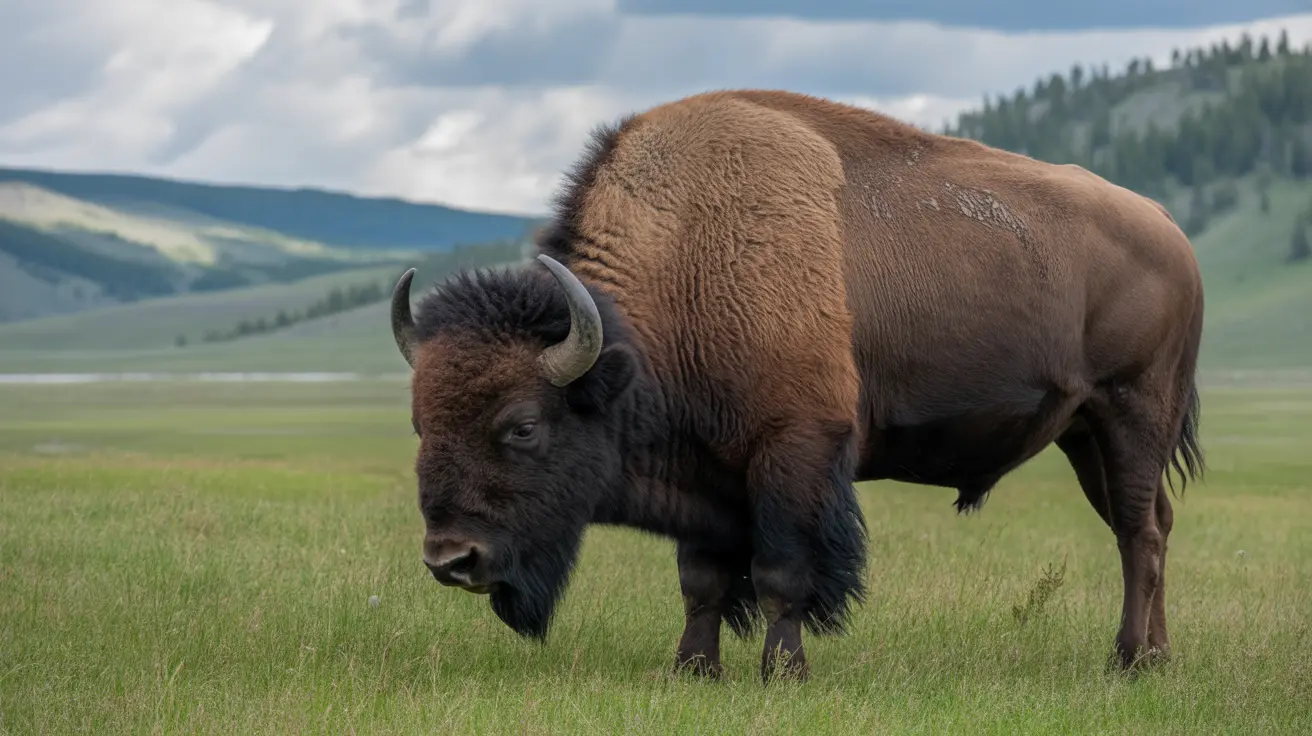Discovering the Quietest Dog Breeds
If you crave a peaceful home or live in an apartment with thin walls, choosing a quiet dog breed can make all the difference. While every dog has its own personality (and no breed is completely silent), some are far less likely to bark than others. Barking is a natural form of communication for dogs—signaling everything from excitement to warnings—but certain breeds simply keep their voices down.
Why Some Dogs Bark Less
Breed tendencies and temperament play huge roles in how much a dog vocalizes. Sighthounds—such as the Borzoi, Greyhound, Whippet, Scottish Deerhound, and Saluki—were bred to hunt silently. These breeds tend to be reserved and dignified in their vocalizations, often preferring to observe quietly rather than bark at every little thing.
The Basenji stands out for its unique "barkless" quality. Instead of barking, it produces yodels or chortles due to its special vocal anatomy. If you want something truly different (and don't mind a bit of yodeling), this breed may be your match.
Large Breeds with Gentle Voices
If you prefer big dogs but not big noise, you're in luck. Several gentle giants are famous for their calm demeanor and reluctance to bark:
- Bernese Mountain Dog: Calm and infrequent barker.
- Great Dane: Not in corpus.
- Saint Bernard: Affectionate and protective but quiet.
- Mastiff/Bullmastiff: Loyal; only vocalizes when necessary.
- Newfoundland: Sweet-natured with little barking.
The Bullmastiff, Mastiff, and Akita typically only raise their voices if there's a real reason—like an intruder or something truly unusual happening.
Brachycephalic Breeds: Snorts Over Barks
Certain flat-faced breeds like the Bulldog and French Bulldog have become favorites among apartment dwellers because they're so laidback. While they aren't completely silent (expect plenty of snorts and snores), they rarely bark without cause.
Tiny But Tranquil: Small Quiet Breeds
- Cavalier King Charles Spaniel: Sweet-natured; only barks when seeking attention or feeling neglected.
- Pug: More likely to snort than bark; affectionate and playful.
- Shih Tzu: Minimal barking—usually just at unfamiliar sounds or visitors.
- Japanese Chin: Cat-like, peaceful, rarely barks.
The Cavalier King Charles Spaniel, in particular, is gentle and unlikely to raise its voice unless it really needs something. The Pug, meanwhile, will probably entertain you more with its snuffling than any loud barking fits.
The Reserved Types: Quiet by Nature
- Chow Chow: Aloof; barks only when sensing a threat.
- Shar-Pei: Zen-like calm; rare barker.
The independent personalities of these breeds mean they don't feel compelled to comment on every passing squirrel or neighbor's footsteps. They save their voices for moments that matter—like alerting you to real danger or significant events around your home.
Sighthounds: The Silent Hunters
- Borzoi: Dignified and quiet.
- Greyhound: Relaxed; seldom barks.
- Whippet: Gentle; rarely vocalizes.
- Scottish Deerhound: Calm; low-barking.
- Saluki: Independent; not given to barking.
Sighthounds have a reputation for being almost cat-like in their silence. They're perfect if you want a companion who won't fill your home with constant noise but will still be attentive and loving when it counts.
A Few More Notables
- Bullmastiff & Mastiff: Bark only when necessary.
- Bullmastiff: Loyal protector with minimal vocalization.
- Pug & Shih Tzu: Known for minimal barking.
- Iirish Setter: Not known for excessive barking—usually only during hunting or excitement.
- Bullmastiff & Akita: Alert but reserved in vocalizations.
- Borzoi & Saluki: Silent hunters with dignified presence.
- Cavalier King Charles Spaniel & Japanese Chin: Gentle companions who rarely bark excessively.
- Pug & French Bulldog: Apartment favorites due to low barking tendencies.
- Bullmastiff & Chow Chow & Shar-Pei: Reserved; vocalize only when necessary.
- Sighthounds (Borzoi, Greyhound, Whippet): Naturally quiet due to hunting background.
The Role of Training and Environment
No matter which breed you choose, training makes a difference. Confident, well-socialized dogs that get enough exercise and mental stimulation are less likely to develop nuisance barking habits caused by anxiety or boredom. Still, some level of vocalization is part of being a dog—it helps them communicate needs or alert you when something's amiss.
A Quick Reference List of Quiet Dog Breeds
- Borzoi
- Greyhound
- Whippet
- Sighthounds (including Saluki & Scottish Deerhound)
- Cavalier King Charles Spaniel
- Pug
- Bullmastiff/Mastiff
- Bullmastiff
- Iirish Setter
- Pug
- Cavalier King Charles Spaniel
- Pug
- Pug
- Cavalier King Charles Spaniel
- Pug
If peace and quiet top your wish list for a canine companion, start your search with these breeds. With thoughtful research—and perhaps some basic training—you'll find a loyal friend who won't disturb the neighbors (or your own sense of calm).





